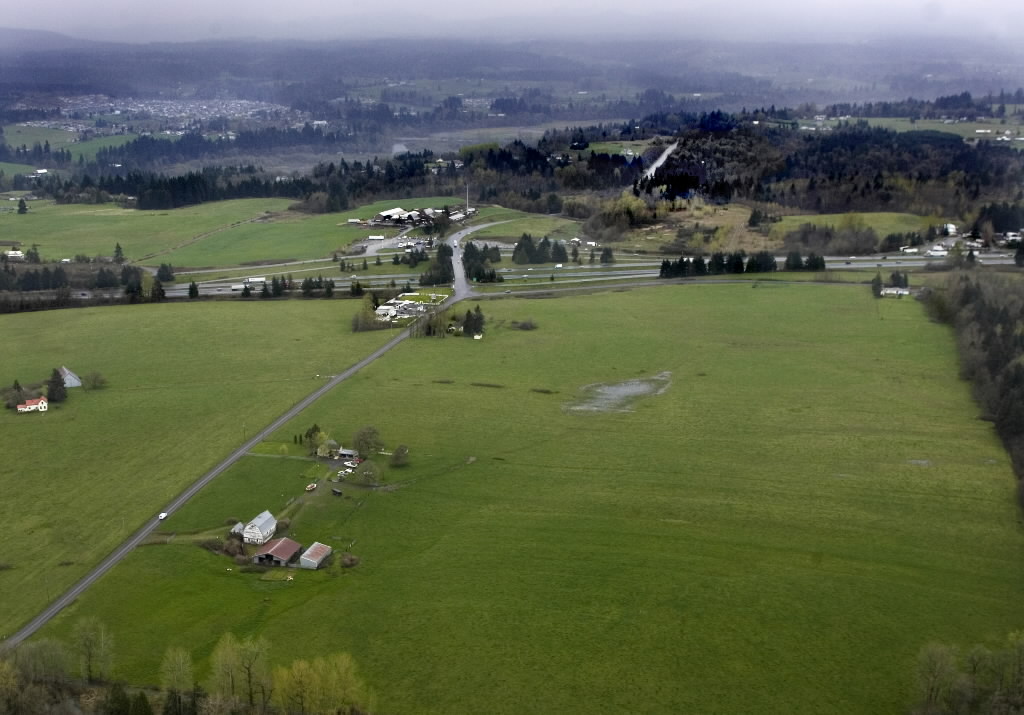WASHINGTON — A Washington state tribe’s controversial bid to build a big casino comes to court this week, in a case that’s being closely watched on and off reservations nationwide.
For the Cowlitz Indian Tribe, the casino proposed near La Center is a potential economic savior. For opponents, including officials in Clark County and the nearby city of Vancouver, the proposed 152-acre gambling facility and resort is a looming burden. And for the Obama administration, as well as other tribes, the Cowlitz proposal may prove a test case whose final resolution could reach far and wide.
“We’re monitoring it,” Richard A. Guest, senior staff attorney with the Native American Rights Fund, said in an interview Tuesday. “With Indian cases, unfortunately, the decisions have impacts that can go beyond that particular tribe.”
The case rescheduled for a status hearing Thursday morning before a U.S. District Court judge in Washington, D.C., challenges the Interior Department’s 2011 decision to accept land near La Center for the proposed Cowlitz casino. Similar to two other pending Indian casino proposals in California’s Central Valley, among others, the Interior Department would take the off-reservation land into trust for the tribe.



